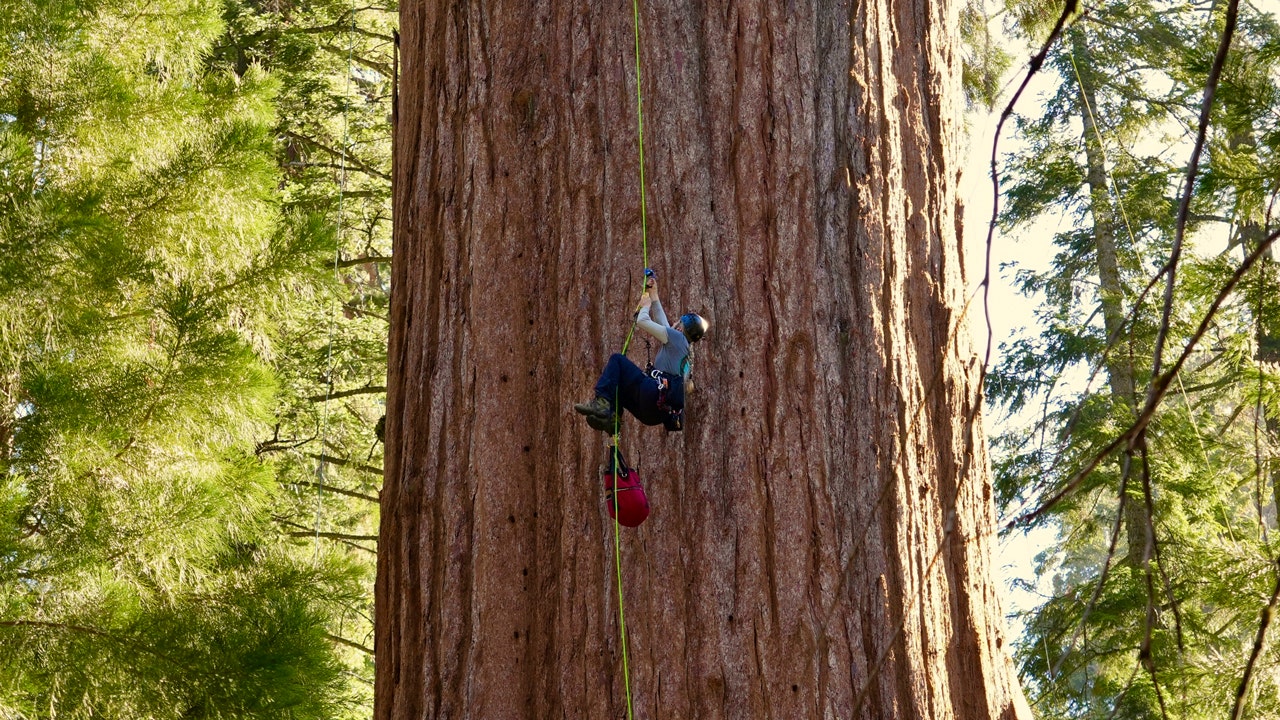The National Pest Management Association, a trade group, defends backyard spraying, citing the importance of controlling diseases transmitted by mosquitoes and ticks.
“Trained pest control professionals understand the specific challenges of each property and have the required expertise to create a targeted plan that effectively reduces mosquito and tick populations while minimizing impact on nontarget insects and the environment,” the association wrote in a statement. For example, technicians can avoid treating areas around flowering plants, which attract pollinators.
Beyond spraying, there are devices like bug zappers, which lure flying bugs to their death. But research shows they overwhelmingly kill the wrong ones.
There are also tabletop and clip-on products that diffuse or emit insecticides. While a study found that one such device did not appear to harm honeybees, the Xerces Society recommends against such products because of concerns about their potential impact on native bees and other insects.
Meet the ‘bucket of doom’
You probably already know Step 1 of mosquito control: Eliminate standing water, which is where mosquito larvae hatch and grow.
Clogged gutters, drainage pipes and flowerpots are prime offenders that people often overlook, said Aimée Code, pesticide program director at the Xerces Society.
And, she urges, enlist your neighbors. Effective mosquito prevention is a community effort.
To take it a step further, conservation organizations recommend a method that’s sometimes called “the bucket of doom.” Put water in a bucket along with some hay or straw to make it extra irresistible. Then, add a mosquito control dunk, which you can get at a hardware store. They contain a bacterium that kills the larvae of mosquitoes and some other aquatic flies with minimal additional effects.
(You could theoretically lure mosquitoes without the dunk and simply dump the water on pavement to kill the larvae. But, as Dr. Tallamy points out, this approach requires vigilance: “If you miss it by two or three days, you’ve just produced 10,000 mosquitoes.”)
Dunks also work in many places where you can’t eliminate standing water.






